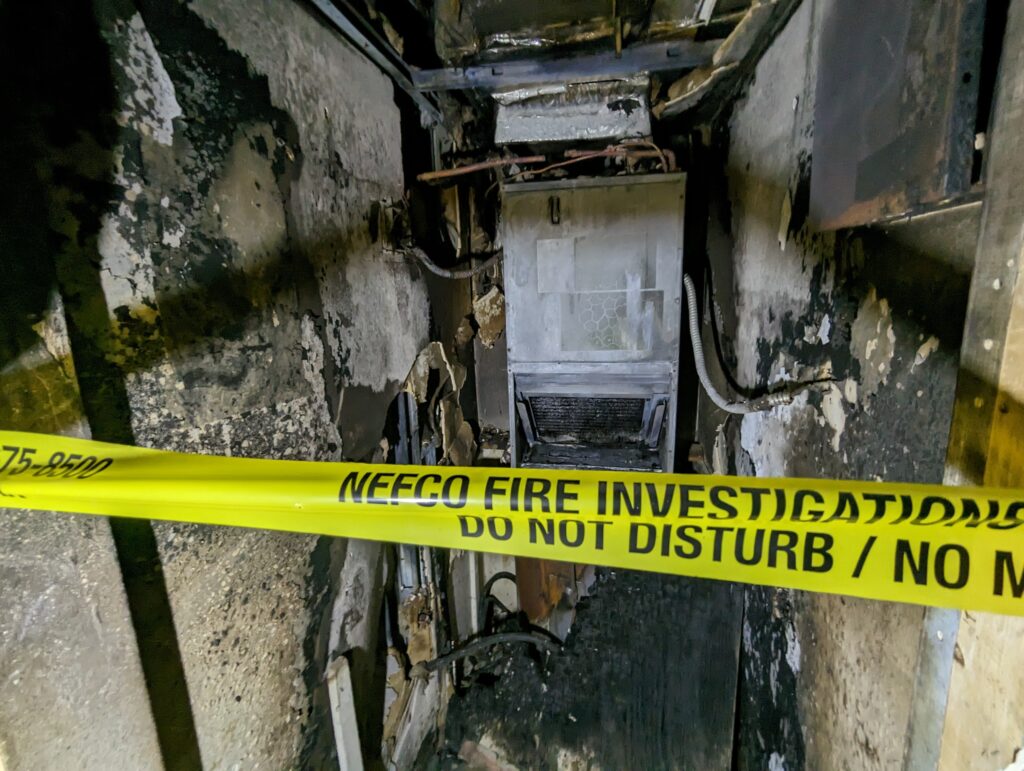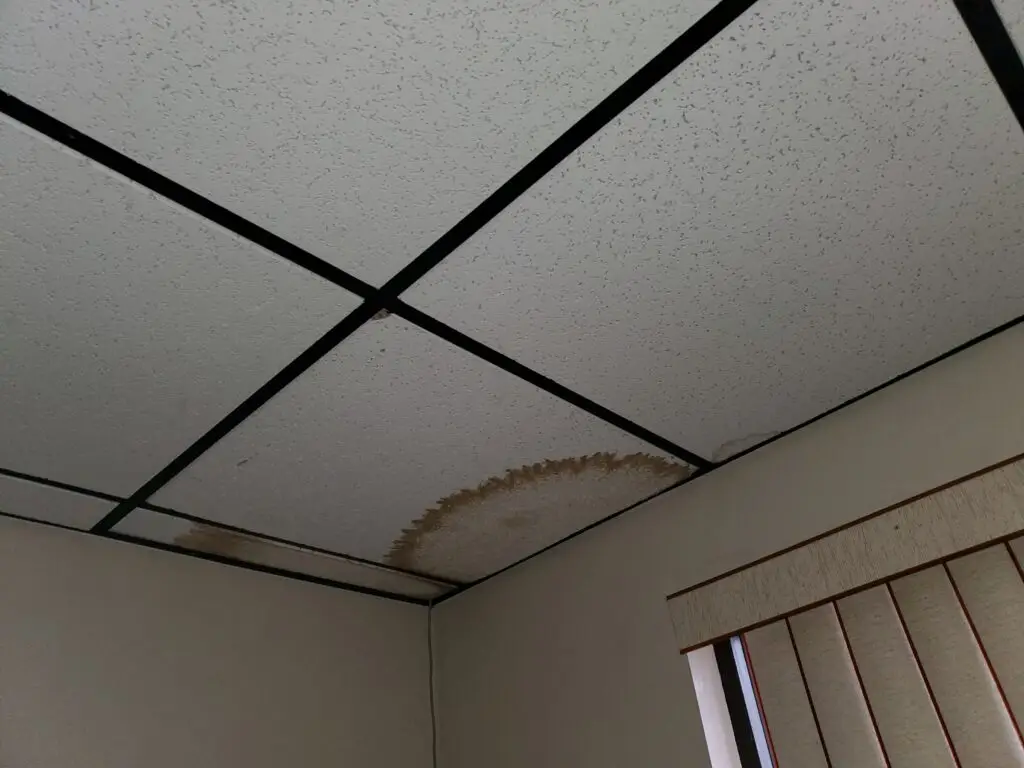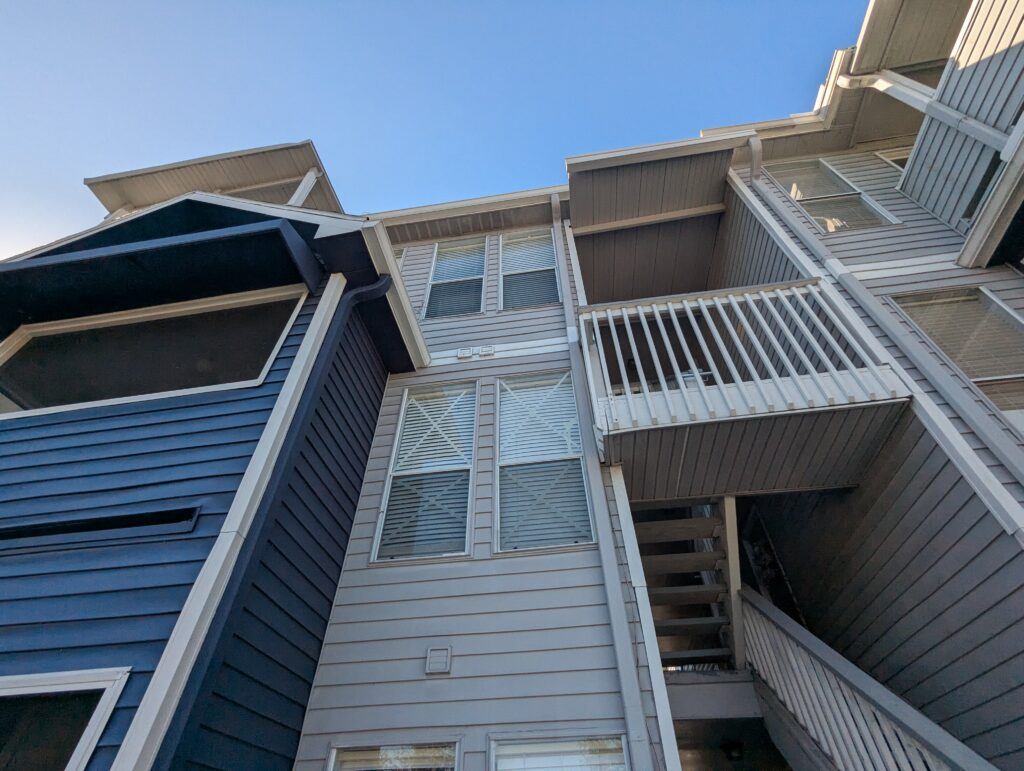HOA and Condo Association Insurance Claims Help
Look no further they are the best public adjusters , very professional team . We highly recommend it.
— Ricardo Martinez
HOA and Condo Association Insurance Claims—What You Need to Know
HOA and condo association insurance claims involve complex responsibilities and high stakes. These claims typically affect multiple unit owners and shared spaces like roofs, exterior walls, hallways, and amenities. When disaster hits, it’s critical that the board or property manager acts quickly and correctly.
At Panther Public Adjusting, we specialize in managing these high-liability claims across Florida, Texas, the Carolinas, the Northeast, and beyond.
What’s Covered in an HOA or Condo Association Policy?
While unit owners usually cover the interior of their individual units, HOA and condo master policies often cover:
Building exteriors and roofs
Shared plumbing and electrical systems
Common hallways and stairwells
Gyms, pools, and clubhouses
Parking structures
Elevators and shared HVAC systems
For insight into what your policy might (or might not) include, see Protect Your Property: How Coinsurance Penalties Can Cost You Big.
Common Claim Scenarios for Condo Associations
Roof damage from hurricanes or hail
Water damage from pipe bursts in shared plumbing
Fire damage affecting multiple units
Mold in poorly ventilated common areas
Flooding in basements or garages
Don’t let your claim get denied or underpaid. We’ve seen boards struggle without expert help, only to face expensive special assessments.
Why These Claims Are So Complicated
-
HOA and condo association insurance claims are different from individual homeowner claims:
- Multiple stakeholders: The board, property manager, owners, and insurers all have roles.
- Layered coverage: Master policies and unit policies often overlap or conflict.
- Legal obligations: HOAs must act in the interest of all owners and maintain common elements.
- Massive scope: Damage to shared spaces can affect dozens—or even hundreds—of residents.

Our Role in HOA and Condo Association Insurance Claims
Panther Public Adjusting helps:
Inspect and document all shared damage
Review policy language for maximum coverage
Communicate with insurers on the board’s behalf
Help coordinate with legal or construction teams
Protect the board from personal liability
We take the lead, so the board can focus on keeping the community informed and stable.
Mistakes to Avoid When Filing HOA and Condo Association Insurance Claims
- Waiting too long to file
- Accepting the insurer’s contractor without question
- Failing to document hidden or future-detectable damage
- Not understanding the true scope of your master policy
Work With Experts Who Understand HOA Needs
We know how to navigate the unique structure and legal responsibilities of associations. From policy review to settlement negotiations, we advocate for what your community really needs—not what the insurer wants to pay.
If your community is in Florida, Texas, North Carolina, South Carolina, Maine, New York, or beyond, we’re ready to assist.
How to Prepare Your HOA or Condo Association for Future Claims
-
Being proactive can make a huge difference when disaster strikes. Here are some tips to prepare your association:
- Update Insurance Annually: Review and update your master policy every year. Ensure it reflects current property values and upgrades.
- Conduct Preventive Inspections: Regularly inspect roofs, plumbing systems, and common areas to detect problems before they grow.
- Keep Thorough Records: Maintain maintenance logs, meeting minutes, and improvement invoices. These documents are vital when proving upkeep.
- Train the Board and Staff: Ensure your board and property manager understand the claims process and know what steps to take after a loss.

Reopening a Denied or Underpaid HOA Claim
If your claim was denied or you suspect the settlement was too low, it’s not the end. Panther Public Adjusting can:
Reassess the damage with a fresh inspection
Gather missing or improved documentation
Compare insurer estimates against real-world repair costs
File a supplemental or reopened claim for additional funds
There are deadlines, so don’t wait too long to act. In many states, claims can be revisited for up to a year or more after the initial settlement.
Real-World Risks of Inadequate Claims Handling
Mismanaging an insurance claim can lead to more than just repairs being delayed:
Special Assessments: When the insurer underpays, the board may pass costs onto unit owners.
Lawsuits: If owners feel the board mishandled the claim or chose a poor contractor, legal action can follow.
Long-Term Property Damage: Missed or unaddressed issues can grow—mold, rot, or structural concerns may worsen over time.
Working with a public adjuster ensures a thorough and fair process from day one.
Common Myths About HOA and Condo Claims
Myth: The insurer’s adjuster works for you.
Truth: They work for the insurance company. You need your own advocate.
Myth: Unit owners should file claims for building damage.
Truth: If the damage affects common areas or shared systems, the association must file the claim under the master policy.
Myth: All policies cover water damage the same way.
Truth: Coverage for water varies greatly. Gradual leaks may not be covered, while sudden bursts usually are. Know your policy.
Contact Panther Public Adjusting Today
Don’t let your community struggle through confusing claim processes alone. Let Panther handle it.
Call Us: 833-726-8437
Email: Claims@PantherPA.com
Online Contact Form: https://pantherpa.com/contact/
We’ll help your HOA or condo association protect its property, finances, and reputation.
Note: HOA and condo insurance claim laws vary by state. Consult a licensed adjuster or legal advisor for guidance specific to your location.
Additional Resources
Inventory Insurance: Why Private Label & Amazon Sellers Need Marine Coverage
Protect Your Property: How Coinsurance Penalties Can Cost You Big
Hiring a Public Adjuster for a Commercial Claim: Is It Worth It?
FAQ: HOA and Condo Association Insurance Claims
What’s the difference between an HOA and condo insurance policy?
An HOA or condo association typically carries a master insurance policy that covers shared property elements like the roof, exterior walls, elevators, and common areas. Individual unit owners carry separate policies (often called HO-6) for their interior and personal belongings. The master policy usually pays for damage to community infrastructure.
Who is responsible for filing an HOA or condo insurance claim?
The board of directors or property manager is usually responsible for filing claims under the master policy. Unit owners should not file individual claims for damage to shared areas—doing so may result in denial or confusion.
Can an HOA or condo reopen a denied or underpaid claim?
Yes. Many states allow associations to reopen or file supplemental claims if new damage is discovered or if the original payment was too low. Panther Public Adjusting can inspect, document, and challenge insufficient payouts.
What types of damage are covered by HOA or condo insurance?
Master policies often cover:
Roof and siding damage
Common area flooding
Fire and smoke damage
Burst pipes in shared plumbing
Vandalism or theft of shared property
Always check your policy for specific inclusions and exclusions.
How long do we have to file a claim?
Time limits vary by state and policy, but it’s best to file promptly upon discovering the damage. Delays can lead to denials or reduced payouts.
That being said, it is best to determine that it makes sense to file a claim. A Public Adjuster will review your policy and damages and help you avoid filing frivolous claims.
Will the HOA be liable if the claim is mishandled?
Yes. If a board fails to act, underestimates the damage, or accepts a lowball offer, they may face legal liability from unit owners. Special assessments and lawsuits can follow.
What if the insurer recommends a contractor?
The board has the right to choose its own licensed, vetted contractor. Accepting the insurer’s recommendation blindly could result in cheaper or subpar repairs.
Why should we hire a public adjuster?
Public adjusters represent your interests—not the insurance company’s. They ensure the full scope of damage is documented, fight for the maximum settlement, and protect the board from making costly errors.

